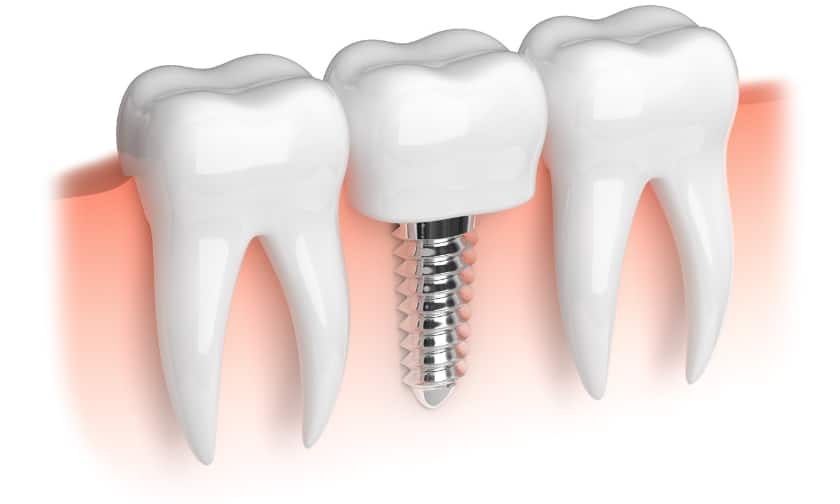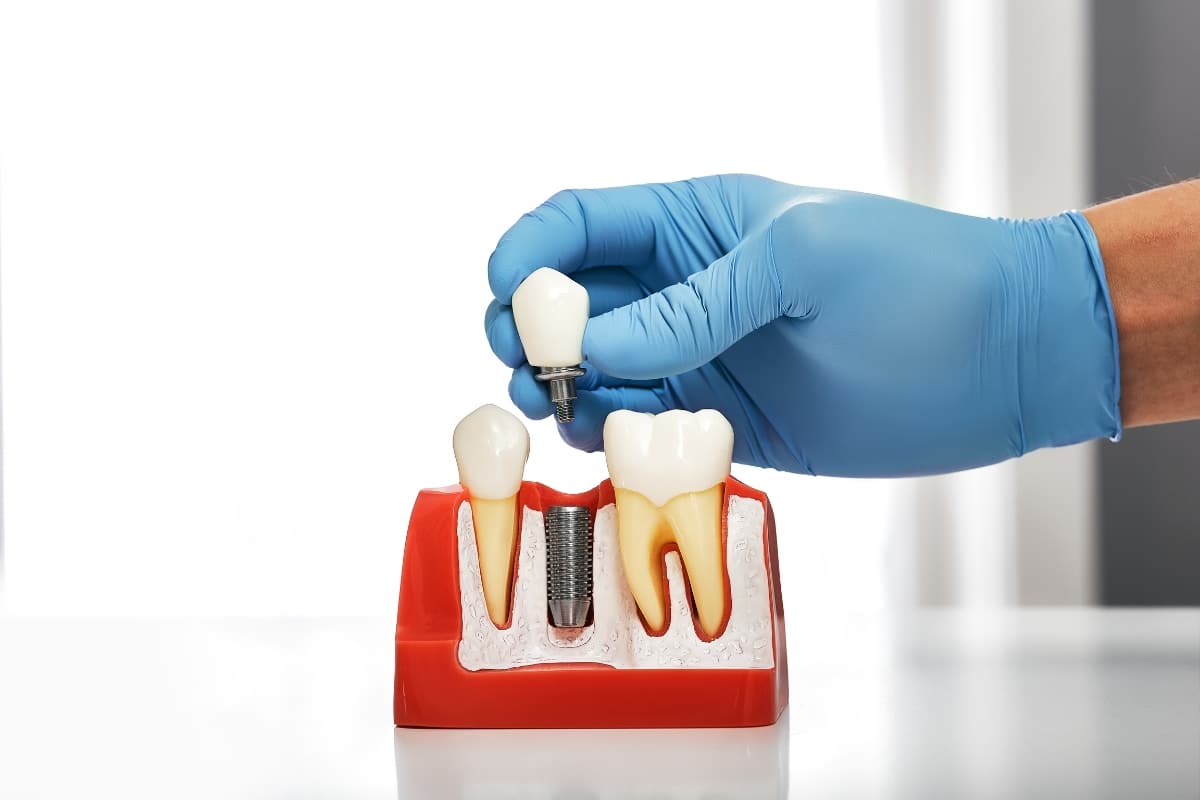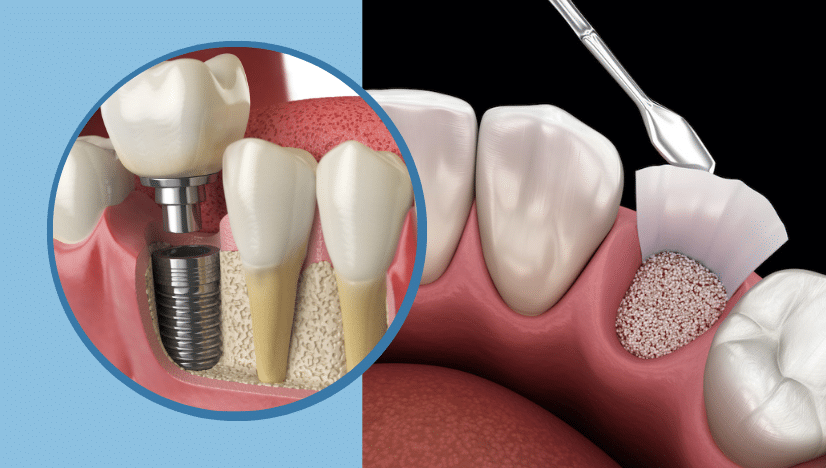
The Success Rate of Dental Implants: Are They Worth It?
Dental implants have become a popular and reliable solution for replacing missing teeth. These titanium posts are inserted into the jawbone, providing a strong and durable foundation for artificial teeth. One of the most common questions patients ask is, “What is the success rate of dental implants, and are they worth it?” In this blog, we will explore the success rates of dental implants, factors that affect their success, and whether they are a worthwhile investment.
What Is the Success Rate of Dental Implants?
Dental implants have an impressive success rate, with studies showing that the overall success rate is between 95% and 98%. This means most people who get implants experience long-lasting results and minimal complications. It has one of the highest success rates of any dental procedure.
However, success can vary depending on various factors. While dental implants are highly reliable, individual results may differ based on several key considerations.
Factors That Affect the Success of Dental Implants
- Bone Quality and Quantity: One of the most significant factors affecting the success of dental implants is the health and density of your jawbone. Implants need a strong bone structure to anchor correctly. If your bone density is too low, you might need a bone graft before implant placement. The success rate is significantly higher for patients with healthy bone structures.
- Oral Health: Maintaining good oral health is crucial for the success of implants. Gum disease, cavities, or other dental infections can interfere with healing and lead to implant failure. Ensuring that you have healthy gums and teeth will help improve the longevity and success of your implants.
- Age and General Health: Dental implants are suitable for most adults, but your age and overall health can influence their success. Younger patients generally experience faster healing times, while older individuals may recover longer. Chronic conditions, such as diabetes or heart disease, may increase the risk of complications, but with proper management, implants can still be a safe and effective option.
- Smoking and Lifestyle Choices: Smoking is one of the most significant risk factors for dental implant failure. Nicotine restricts blood flow to the gums, which impedes healing. Smokers are more likely to develop infections or experience delayed recovery. If you smoke, quitting or cutting back significantly before and after the procedure can improve the chances of success.
- Implant Maintenance: Regular dental visits and proper oral hygiene are essential for maintaining implants. Like natural teeth, implants require brushing, flossing, and professional cleanings to avoid infections, such as peri-implantitis, which can affect the surrounding tissues and lead to implant failure.
Are Dental Implants Worth It?
Considering their high success rate, dental implants are often a worthwhile investment. Here’s why:
- Durability: Implants are designed to last many years—typically 10 to 15 years, or even a lifetime, with proper care. Unlike dentures or bridges, which may need replacement or adjustments over time, implants offer a long-term solution to missing teeth.
- Improved Function and Comfort: Unlike dentures, which may shift or cause discomfort, implants function like natural teeth. They allow you to eat, speak, and smile confidently without worrying about the stability of your teeth. Their stability makes them ideal for people who want a reliable and comfortable solution to tooth loss.
- Enhanced Aesthetic Appearance: Implants are customized to match your natural teeth’s shape, color, and size, resulting in a seamless, natural-looking smile. They can also prevent bone loss in the jaw, which occurs when teeth are missing. Implants stimulate the bone, helping preserve your face’s shape and smile.
- Prevention of Future Dental Issues: Implants help prevent issues arising from missing teeth, such as shifting surrounding teeth or bite problems. Additionally, because implants stimulate the jawbone, they help maintain bone density, preventing bone loss in the long term.
Dental Implants Are Worth the Investment
The high success rate of implants, combined with their numerous benefits, makes them a worthwhile investment for those seeking a permanent solution for missing teeth. While factors such as bone health, age, and oral hygiene play a role in the success of the implants, their durability, comfort, and aesthetic appearance make them an excellent option for many patients.
If you’re considering dental implants, consult a qualified dentist who can assess and guide your needs. With the proper care and attention, implants can provide you with a healthy, beautiful smile for many years.





